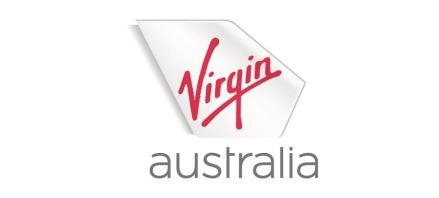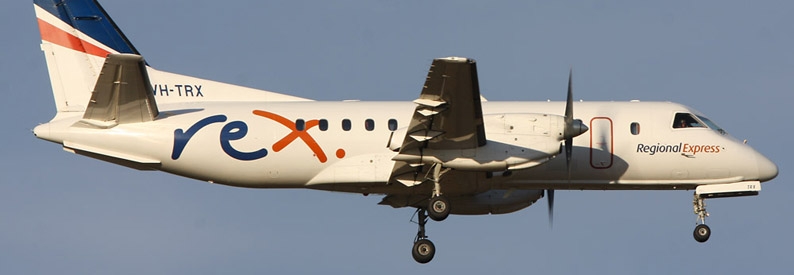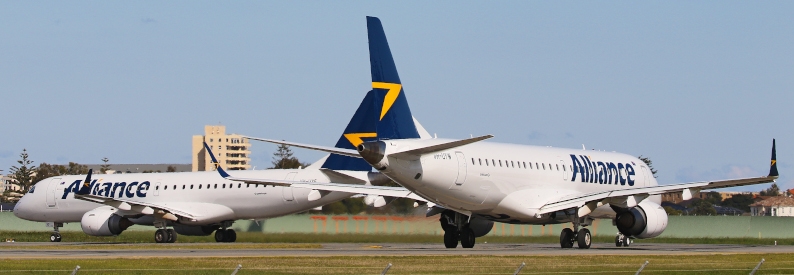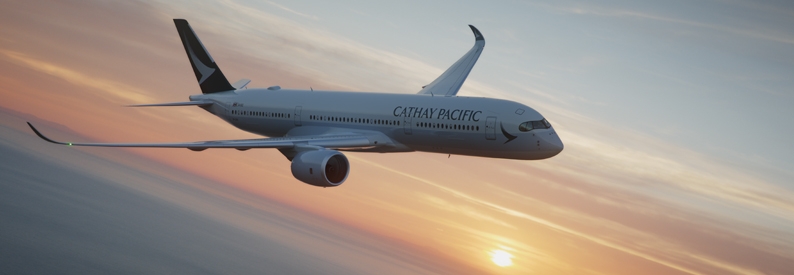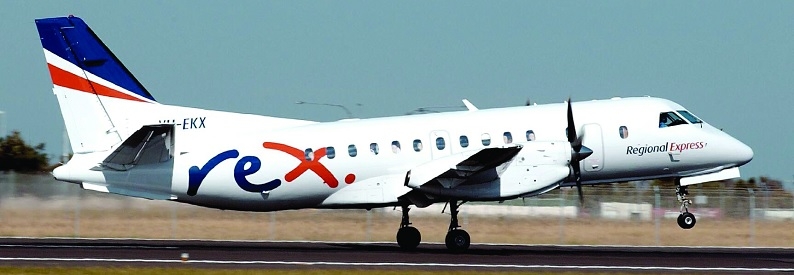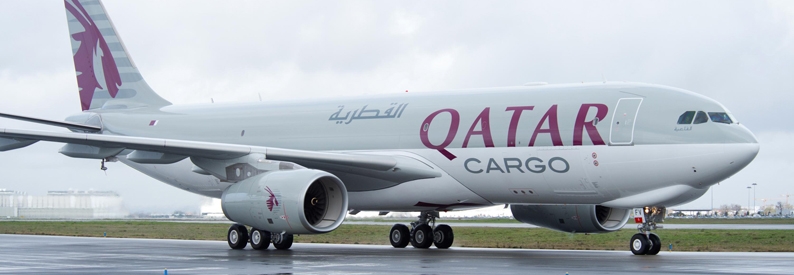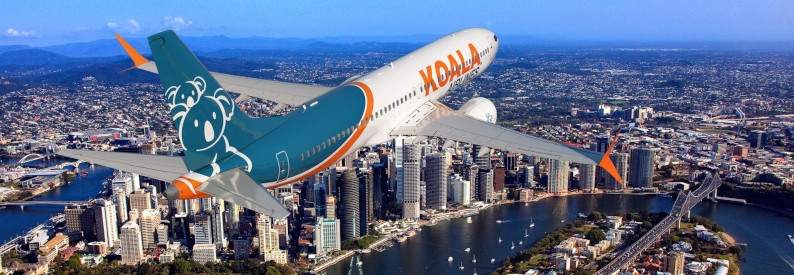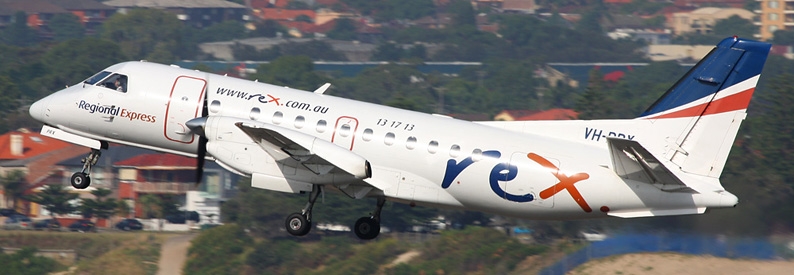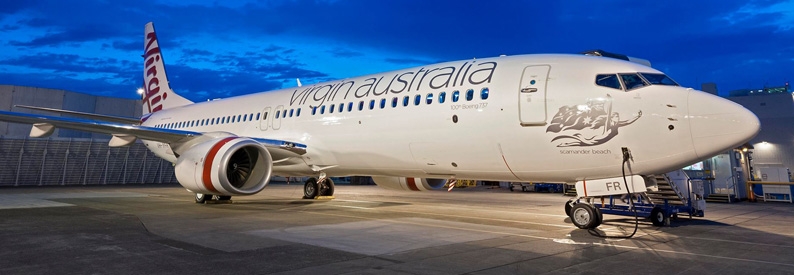The majority owners of Virgin Australia (VA, Brisbane International) have delayed a stock market relisting until at least the first half of 2024. It follows the airline announcing its first annual profit in 11 years - a net profit of AUD129 million Australian dollars (USD82.8 million) for the 12 months to June 30, 2023.
Talk of an IPO first surfaced around 12 months ago and, at that point, was flagged to happen later in the first half of 2022, and later pushed back into the latter part of the year, although Bain Capital, who hold a 93% shareholding in the airline, have never committed to a firm date. In June 2023, Virgin Australia CEO Jayne Hrdlicka said there was no hurry to relist. This month, during a Virgin Australia town hall meeting, she told employees to forget about the noise around the IPO, leave it to Bain, and concentrate on running the airline.
Bain acquired Virgin Australia for AUD3.5 billion (USD2.25 billion), including stumping up AUD731 million (USD491.1 million) in cash, after the airline filed for voluntary administration in April 2020. Earlier this year, Virgin Australia took out a AUD300 million (USD192.5 million) loan to help cover a AUD731 million (USD469 million) capital return to Bain and minority investors. In addition to Bain, the Virgin Group owns 5% of the airline, and Queensland Investment Corporation holds 2%.
Australian institutional investors are reportedly keen on the IPO given the local equity market needs a fill-up. However, the same reports suggest potential investors want the shares at a significant discount to those of Qantas (QF, Sydney Kingsford Smith), which have dived around 25% since June and is likely one key reason why Bain has taken its foot off the IPO accelerator. There is also a concern that the post-Covid travel boom for local airlines has peaked. Further, potential local investors are wary of foreign carriers, such as Qatar Airways (QR, Doha Hamad International), snapping up large positions in Virgin Australia and using those stakes to develop their own strategic interests rather than to maximise returns to shareholders.
Also potentially cooling Bain's appetite for any immediate IPO is that the June 30 full-year result is only marginally larger than the December 31, 2022, half-yearly net profit of approximately AUD125 million (USD80.2 million). When news of that half-yearly profit broke in late January, Hrdlicka tipped a net profit for the second half of the fiscal year of approximately AUD275 million (USD176.5 million). This week's profit announcement falls short of that.
Nonetheless, Hrdlicka said this week's results were an important milestone for Virgin Australia. "It has been 11 years since Virgin Australia returned a profit, and our results signal that the transformation of Virgin Australia is progressing well," she said. "We have a long-term commitment to transformation and are only part-way through this multi-year journey. By creating a systemically lower cost base and a conservative balance sheet, as well as investing heavily in technology and our frontline, we are well positioned for the future."
After scaling down to just over 50 aircraft after it exited its 2020 restructuring and sale process, Virgin Australia has rebuilt its fleet to 91 aircraft, primarily B737-800s, while subsidiary Virgin Australia Regional (VA, Perth International) is operating another 14 aircraft out of its Perth International base. This year, Virgin Australia has added two B737-8s to its fleet, the first of what will be an eleven-strong fleet. A further six will be delivered by June 30, 2024. In addition, the first of twenty-five B737-10s are expected to start landing in FY2025.
